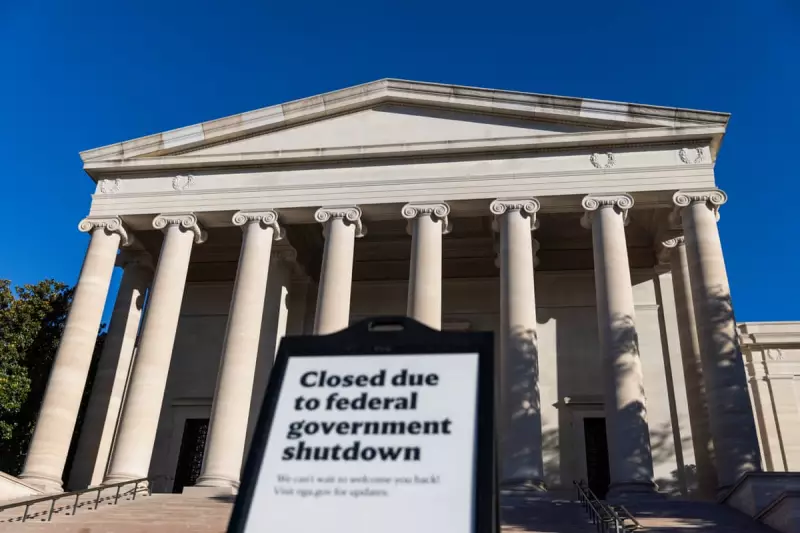
The United States is grappling with the severe economic consequences of the 2025 government shutdown, with new analysis revealing the political impasse has already cost the economy billions of dollars and threatens to derail the nation's fragile economic recovery.
Economic Toll Mounts Daily
According to fresh economic assessments, the shutdown has triggered widespread disruption across federal services, affecting everything from national parks to regulatory agencies. The standoff between Congress and the White House over spending bills has forced hundreds of thousands of federal employees into furlough while essential services operate without guaranteed funding.
Key Areas Impacted
- Federal workforce: Hundreds of thousands of workers face unpaid leave, reducing consumer spending and creating financial uncertainty
- Business contracts: Government contractors report payment delays and project suspensions, affecting supply chains nationwide
- Economic data: Critical economic indicators are no longer being published, leaving markets and policymakers in the dark
- Public services: From passport processing to small business loans, numerous essential services have slowed or halted entirely
Long-term Consequences Loom
Economists warn that the longer the shutdown persists, the more permanent the damage becomes. What begins as temporary disruption could evolve into lasting economic scars, particularly if consumer confidence continues to erode and business investment decisions are postponed.
The timing couldn't be worse, analysts note, with the US economy already facing multiple headwinds. The shutdown compounds existing challenges and creates new uncertainties that could affect growth projections for the entire year.
Political Stalemate Continues
Despite growing economic pressure, political leaders remain entrenched in their positions. Negotiations have repeatedly stalled, with neither side showing signs of compromise. The impasse reflects deeper political divisions that extend beyond budget disagreements to fundamental differences in governing philosophy.
As the shutdown enters its most critical phase, pressure is mounting from business leaders, state governments, and affected citizens for a resolution. However, with political capital on the line, neither party appears willing to make the first move toward compromise.





